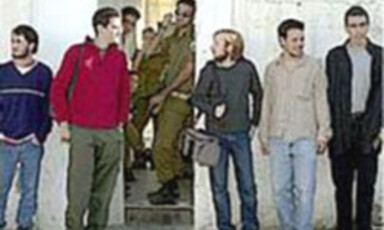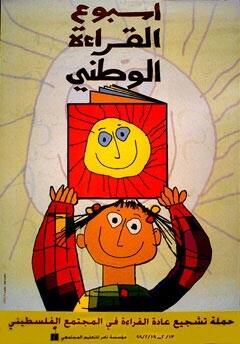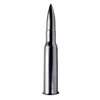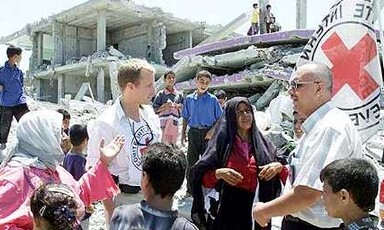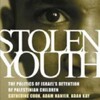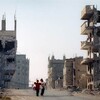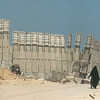
AFP photographer shot in Jenin
8 March 2004
Media watchdog CPJ is concerned by today’s shooting by Israel Defense Forces (IDF) of Palestinian photographer Saif Dahla in the West Bank city of Jenin. Two witnesses told CPJ that there were about half a dozen journalists standing together on the sidewalk of a residential neighborhood in Jenin, covering an Israeli incursion into the city in the early afternoon when the shooting occurred. Dahla was shot when a soldier in a tank about 20 meters away fired a few rounds from a machine gun. Read more about AFP photographer shot in Jenin
